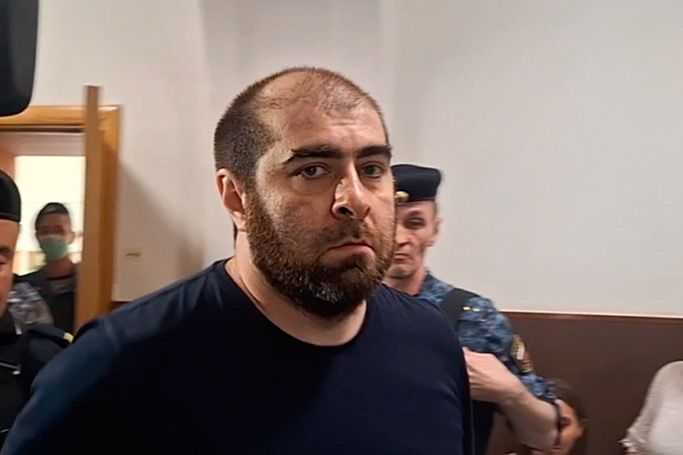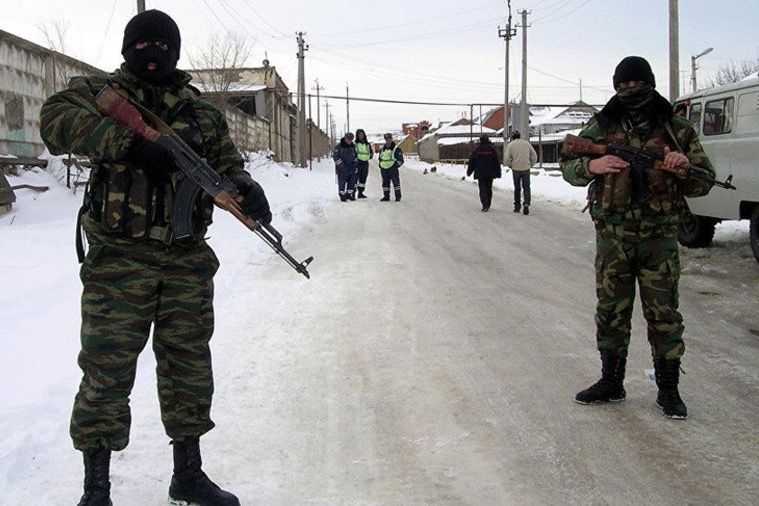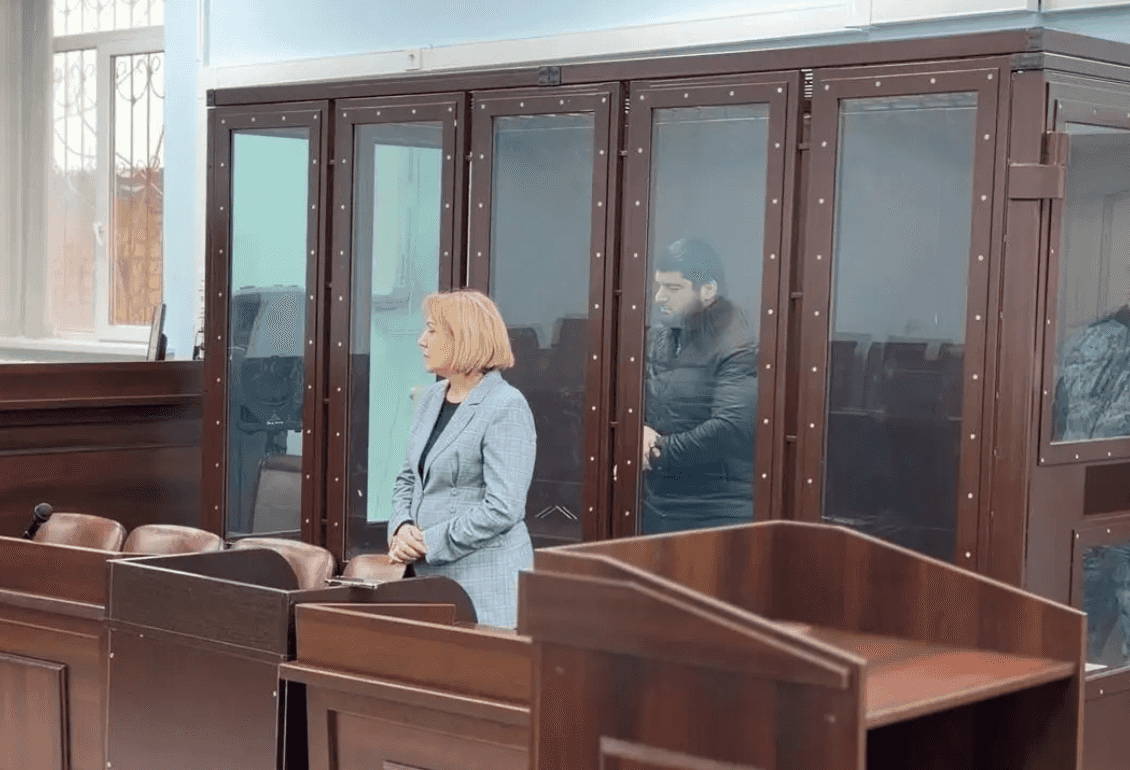
A Daghestan native serving in Ukraine was hospitalised in Russia after allegedly being tortured and mistreated by his commanding officer. His mother claims that he was sent back to Ukraine before completing his treatment.
The soldier’s mother, Raisat Zalimkhanovna, published a correspondence between her and the Permanent Mission of the Republic of Daghestan in Moscow in which she had requested an investigation into her unnamed son’s treatment in the army.
Zalimkhanovna was told that the republic’s office in Moscow was not responsible for such queries.
She initially reached out to the Permanent Mission’s office in Moscow because her son was drafted in Moscow, and not in Daghestan.
‘My son was called up from Moscow. If the Permanent Mission of the Republic of Daghestan in Moscow does not defend the rights of our countrymen-military personnel, then what is it responsible for at all?’, she said.
In her letter, Zalimkhanovna said that her son was mobilised last September and was ‘systemically subjected to abuse by the [his] commander and his two subordinates’.
‘For several days on the instructions of the commander, my son was handcuffed to a pole in the zone of the special military operation [Ukraine] and beaten with truncheons’, read the letter.
She further claimed that the commander had refused to help her son when his health began deteriorating as a result of the mistreatment he had been subjected to. Additionally, she claimed that the commander had forbidden her son’s comrades from going near him or ‘giving him water to drink’.
‘The commander also repeatedly threatened my son that he would send him to the military commandant’s office, where he was guaranteed to be beaten’, she added, warning that the commander will send her son to ‘the front line [to die] to hide his illegal actions’.
The Daghestani soldier was hospitalised between 19–29 July but was sent back to fight in Ukraine without finishing his treatment.
In response to Zalimkhanovna’s appeal, Daghestan Head Sergei Melikov stated on Monday that he had taken the situation ‘under his control’.
‘Not a single problem of special military operation participants and their families will be left without attention’, read Melikov’s statement.








